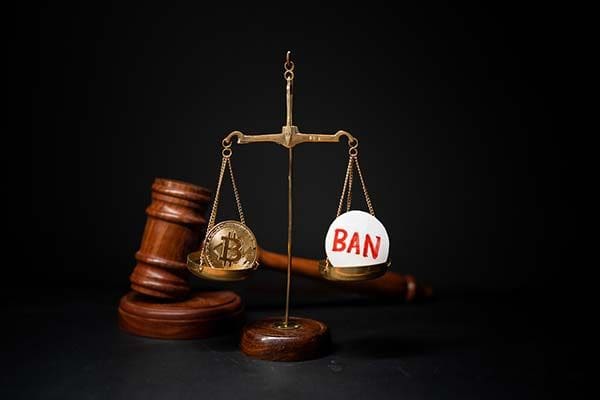ARTICLE AD BOX

Proposed Ban Raises Concerns Amid Growing Geopolitical Tensions
As tensions escalate and sanctions loom, Russia is poised to implement a stringent ban on cryptocurrency trading, permitting only digital financial assets regulated by the government.
Proposed Exemptions and Regulatory Framework
Lawmaker Aksakov Proposes Select Exemptions
Anatoly Aksakov, a key figure in the Russian legislative landscape, has proposed exemptions for cryptocurrency miners and specific projects endorsed by the Central Bank, hinting at a nuanced approach to regulation.
Clarifications and Uncertainties
Lawmaker Gorelkin’s Clarifications
Amidst the debate, Anton Gorelkin, Chairman of the State Duma Committee on the Financial Market, offered insights into the government’s stance, emphasizing that the aim is not a blanket ban on cryptocurrency usage but rather the establishment of a regulated framework for crypto exchanges within Russia.

Geopolitical Realities and Ongoing Uncertainties
Gorelkin’s statements underscore the geopolitical considerations influencing Russia’s crypto policies. However, uncertainties persist regarding the future of crypto operations in Russia and the potential impact on OTC services.
Diverse Perspectives on Crypto Regulation
Miners and Central Bank Projects: The Exception
Anatoly Aksakov‘s proposal includes provisions for exempting crypto miners and Central Bank-endorsed pilot projects under an experimental legal framework, citing their contributions to Russia’s tax revenue.
Finance Minister’s Advocacy for Balance
Contrasting Aksakov’s stance, Finance Minister Anton Siluanov advocates for a more balanced regulatory approach, suggesting regulations that accommodate both domestic and international cryptocurrency transactions.
Key Takeaways
- Geopolitical Influences: The proposed cryptocurrency ban in Russia is influenced by geopolitical tensions and aims to assert control over digital financial assets within its borders.
- Regulatory Uncertainties: While exemptions for miners and Central Bank projects suggest a nuanced approach, uncertainties remain regarding the future of cryptocurrency operations and the impact on OTC services.
.png)
 6 months ago
5
6 months ago
5








 English (US)
English (US)